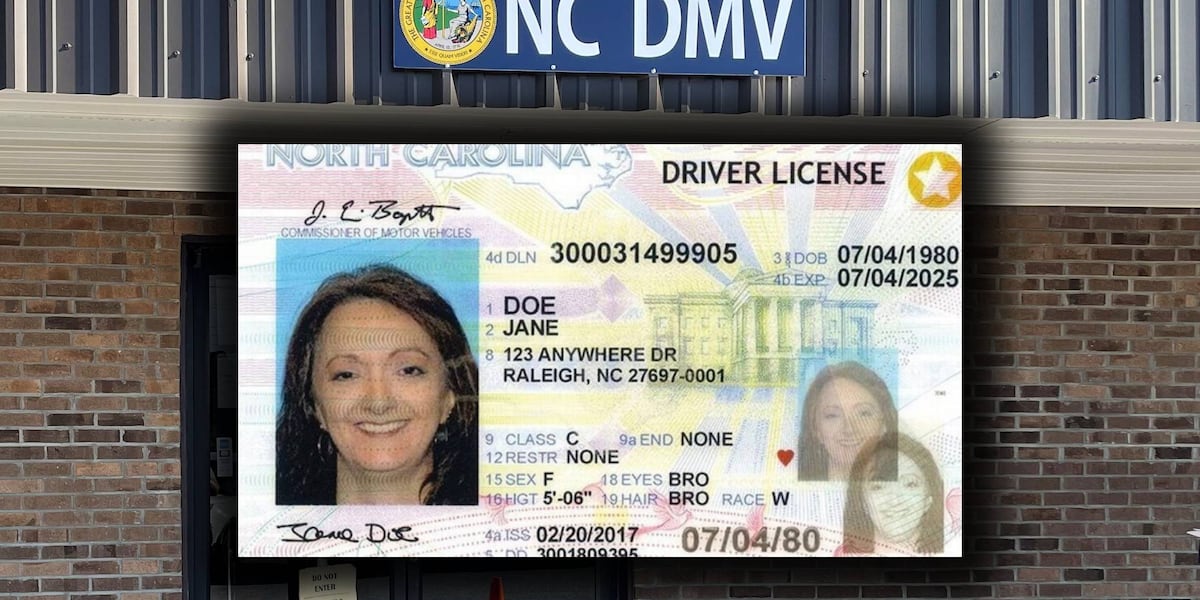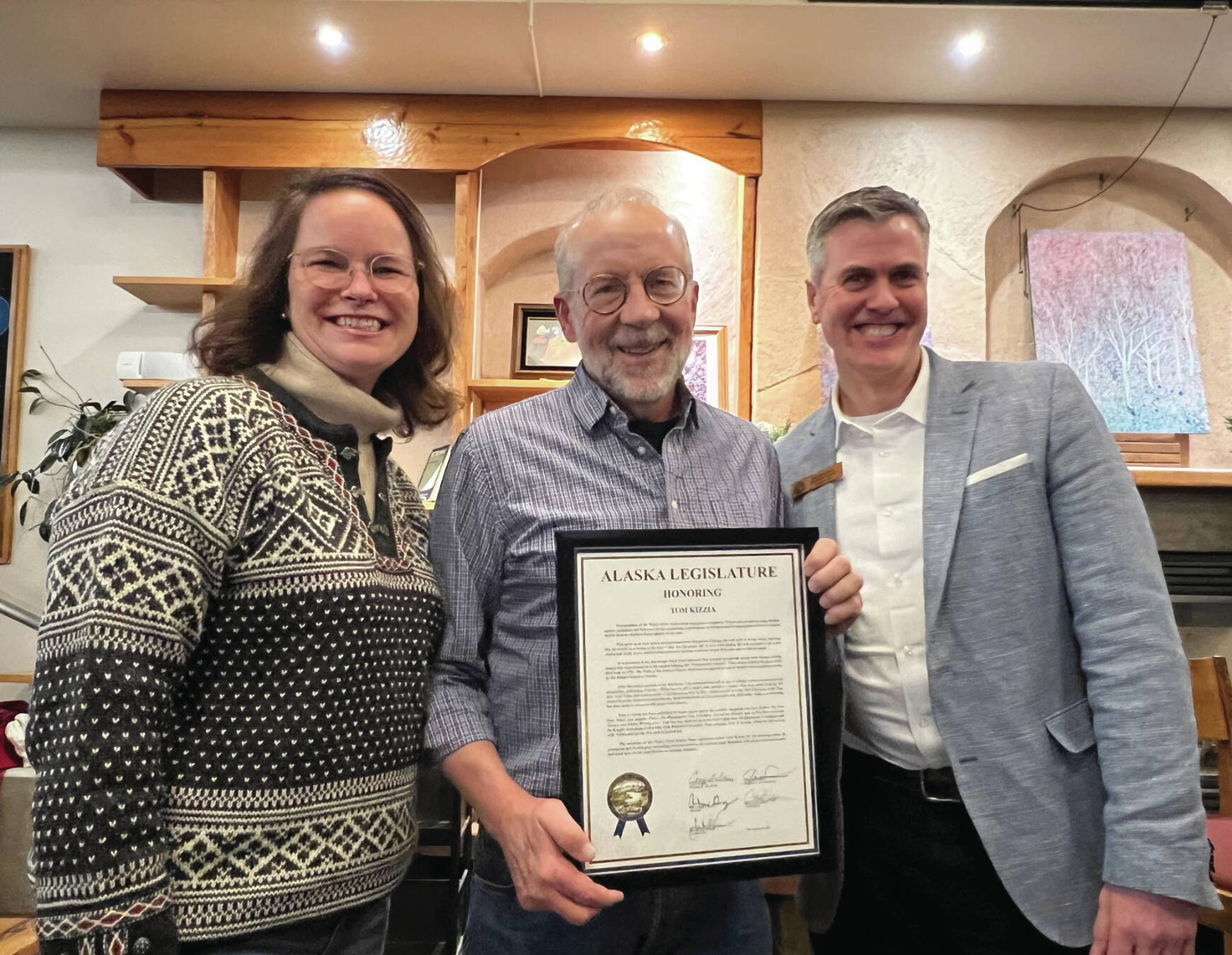North Carolina
A North Carolina woman and her dad enter pleas in the beating death of her Irish husband

LEXINGTON, N.C. — The wife of an Irish businessman and her father entered pleas to voluntary manslaughter Monday in her husband’s beating death at their North Carolina home.
Molly Corbett pleaded no contest and Thomas Martens pleaded guilty to the charge, news outlets reported.
Corbett’s husband, Jason Corbett, died at their home in a golf course community in Davidson County in 2015. Investigators said Molly Corbett and Martens, who was a former FBI agent, used an aluminum baseball bat and brick paver to kill Jason Corbett, fracturing his skull and causing injuries to his arm, legs and torso.
Defense attorneys have said the two were acting in self-defense and that they feared for their lives during a struggle with the husband.
In 2021, the North Carolina Supreme Court reversed their convictions on second-degree murder and ordered a new trial. Each had been sentenced in 2017 from 20 to 25 years.
The high court pointed to omitted statements that the Corbetts’ two children had made during a medical evaluation soon after the death that indicated their father had been abusive in the home. Prosecutors alleged the statements were not reliable and that both children later recanted. The trial judge excluded the statements from being entered into the trial.
Jason Corbett, a native of Ireland, met Molly Corbett in 2008 when she worked as an au pair for two children from his first marriage. His first wife had died of an asthma attack in 2006.
Superior Court Judge David Hall talks with defense and prosecution attorneys during a hearing, Monday, Oct. 30, 2023, for Molly Corbett and her father, Thomas Martens, in the 2015 death of Molly’s husband, Jason Corbett at the Davidson County Courthouse in Lexington, N.C. Credit: AP/Walt Unks

North Carolina
Ranked Choice Voting would be good for North Carolina • NC Newsline

Why Ranked Choice Voting (RCV)?
Let’s talk about Ranked Choice Voting (RCV). It’s a voting system that’s making elections fairer for millions of Americans—nearly 20 million, in fact! But what’s so great about it? Here are a few key benefits:
- Winners need majority support: With RCV, winners have to get over 50% of the vote. That means they can’t just squeak by with a small slice of support.
- Better campaigning: Candidates can’t just play to their base—they have to appeal to more people. This means fewer nasty attack ads and more focus on real issues.
- No more “spoiler” candidates: Ever felt like voting for your favorite candidate might “waste” your vote or hurt your second choice? RCV fixes that. You rank your choices, and if your top pick doesn’t win, that candidate is eliminated, and your vote can still count for your next choice. This enables broader discussion from a wider range of candidates.
- Saves money and increases turnout: RCV skips the need for costly runoffs, which often have low voter participation.
In North Carolina, this kind of change could make a big difference. Right now, primary winners can take office with just 33% of the vote, and Raleigh City Council races can be won with only 20%. That’s not a true majority. RCV ensures fairer outcomes without the downsides of traditional runoffs.
Success stories in 2024
RCV made some exciting progress this year! Here’s where it won big:
- Washington, D.C.: Voters said yes to RCV with a whopping 73% support. Starting in 2026, it’ll be used for federal and local elections.
- Alaska: Voters kept RCV by a hair—a 743-vote margin! Having been used for four years now, t’s already proving itself as a fair and non-partisan system.
- Oak Park and Peoria, Illinois: Both places adopted RCV for local elections, giving voters more power and better results.
- Richmond, California: Voters embraced RCV for local races, adding to the growing trend of cities making the switch.
Lessons from setbacks
Not everything went smoothly for RCV in 2024. Some states tried to combine RCV with other major changes, like open primaries or “top-four” systems, and those proposals didn’t pass.
Why? Well, bundling RCV with other reforms may have made things feel too complicated for voters and prompted strong partisan efforts against primary reforms. The good news? When RCV is presented on its own, it tends to win strong support. That’s a big takeaway for the future.
Why RCV matters in elections
RCV could completely transform elections. Take our home state of North Carolina, for example. Right now, candidates can win with as little as 33% of the vote. That leaves a lot of voters feeling left out. Here’s how RCV changes the game:
- Majority support: Candidates have to get more than 50% of the vote to win.
- No costly runoffs: RCV figures it all out in one election, saving money and avoiding low-turnout runoffs.
- No wasted votes: You can rank your choices, so even if your favorite doesn’t win, your vote still counts.
- Better engagement: When voters know their voices matter, they’re more likely to show up.
In general elections, RCV also ensures that winners truly represent the majority. Candidates are motivated to reach beyond their base and run more positive, inclusive campaigns. That’s better for everyone.
The future of RCV
The successes in 2024—from D.C. to Alaska—show that voters are ready for a better way to elect their leaders. RCV makes elections fairer, ensures majority support, and helps reduce political division.
The setbacks also taught us something important: RCV works best when it’s not bundled with other reforms. Keeping the focus on RCV’s benefits helps voters see why it’s worth adopting.
Looking ahead, the goal is simple: give every voter a stronger voice and make sure every vote counts. Whether it’s for primaries or general elections, RCV is a step toward making democracy work better.
With more communities embracing this change, we can look forward to a future where elections are fairer, more inclusive, and truly reflect the will of the people. Let’s keep the momentum going.
To learn more about Ranked Choice Voting, visit Rank the Vote and Better Ballot NC.
North Carolina
Mobile driver’s licenses coming to North Carolina in 2025

RALEIGH, N.C. (WBTV) – Mobile driver’s licenses will be coming to North Carolina in 2025 after former Gov. Roy Cooper signed a bill into law this past summer.
The law, which Cooper signed on July 2, 2024, will make the mobile licenses available on July 1, 2025. According to the law, the digital licenses will be the “legal equivalent” of traditional, hard-card licenses.
The mobile licenses will be issued along with the physical copy, but based on the law, the mobile version seems as though it will have to be requested in order to receive it. Steps on how to request one have not yet been made public.
Once the new licenses become available, they will have the same information listed as traditional ones.
When Cooper signed the law this past summer, it ordered the DMV and North Carolina Department of Transportation to begin a study and plan for implementing the digital cards. Among the items to be studied and planned were renewal processes, costs, and security and confidentiality of information.
The DMV and Department of Transportation were required to report back to the state legislature by Jan. 1, 2025. Support for the bill was nearly unanimous in both chambers of the General Assembly.
According to identity verification company IDScan.net, at least 15 American states have active mobile driver’s license programs. Dozens more are either considering legalizing them or developing apps.
Previous Coverage: NC lawmakers, DMV commissioner considering digital driver’s license
Watch continuous news coverage here:
Copyright 2025 WBTV. All rights reserved.
North Carolina
Documents show New Orleans suspect filed for divorce in NC
Voting records, business records and social media posts show the driver suspected of a deadly terrorist attack on New Year’s Day in New Orleans once lived in North Carolina.
Web Editor : Jelia Hepner
Posted
-
/cdn.vox-cdn.com/uploads/chorus_asset/file/25672934/Metaphor_Key_Art_Horizontal.png)
/cdn.vox-cdn.com/uploads/chorus_asset/file/25672934/Metaphor_Key_Art_Horizontal.png) Technology1 week ago
Technology1 week agoThere’s a reason Metaphor: ReFantanzio’s battle music sounds as cool as it does
-

 Business1 week ago
Business1 week agoOn a quest for global domination, Chinese EV makers are upending Thailand's auto industry
-

 Health5 days ago
Health5 days agoNew Year life lessons from country star: 'Never forget where you came from'
-
/cdn.vox-cdn.com/uploads/chorus_asset/file/24982514/Quest_3_dock.jpg)
/cdn.vox-cdn.com/uploads/chorus_asset/file/24982514/Quest_3_dock.jpg) Technology5 days ago
Technology5 days agoMeta’s ‘software update issue’ has been breaking Quest headsets for weeks
-

 World1 week ago
World1 week agoPassenger plane crashes in Kazakhstan: Emergencies ministry
-

 Politics1 week ago
Politics1 week agoIt's official: Biden signs new law, designates bald eagle as 'national bird'
-

 Politics7 days ago
Politics7 days ago'Politics is bad for business.' Why Disney's Bob Iger is trying to avoid hot buttons
-

 Business1 day ago
Business1 day agoThese are the top 7 issues facing the struggling restaurant industry in 2025



















